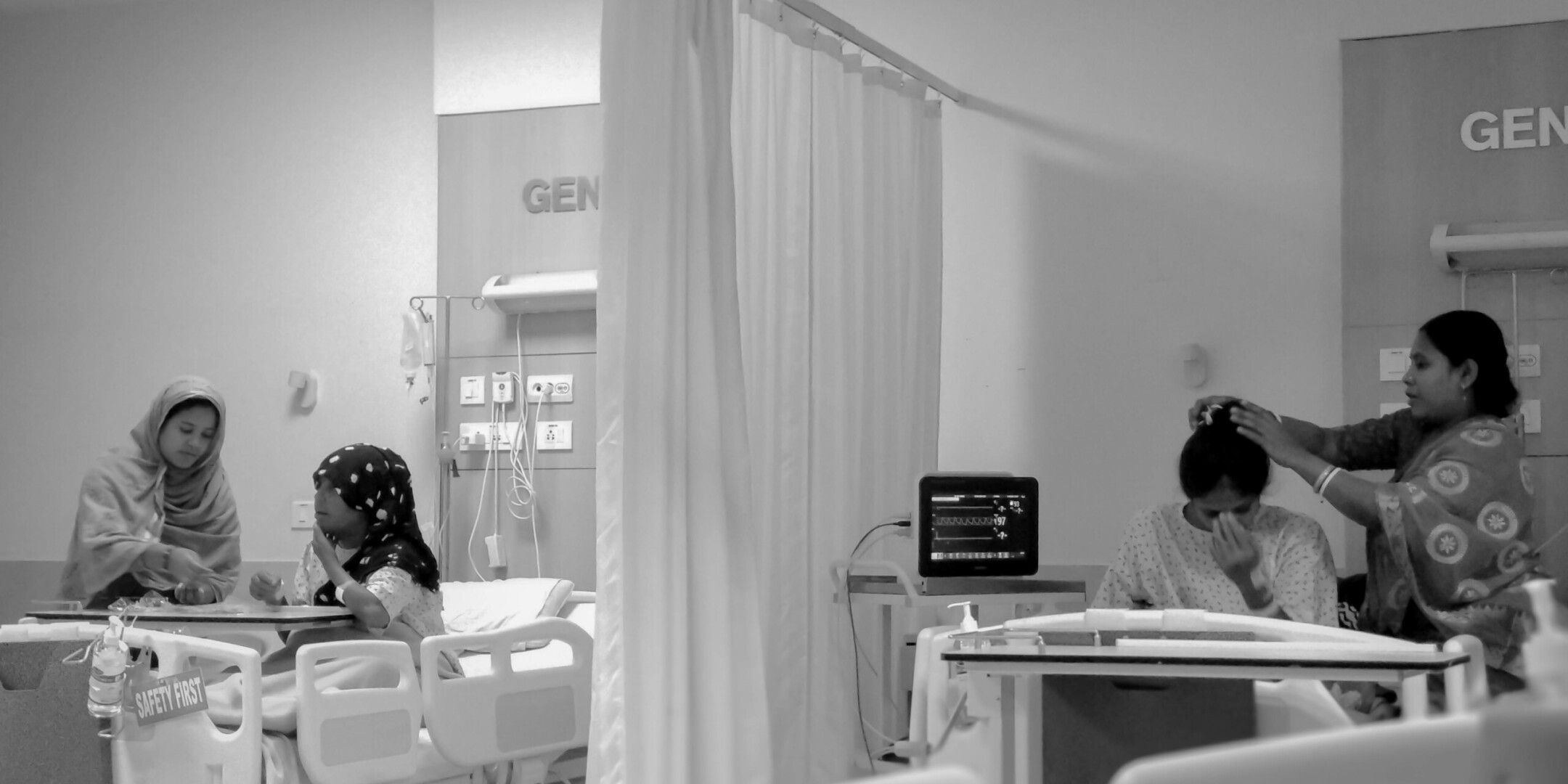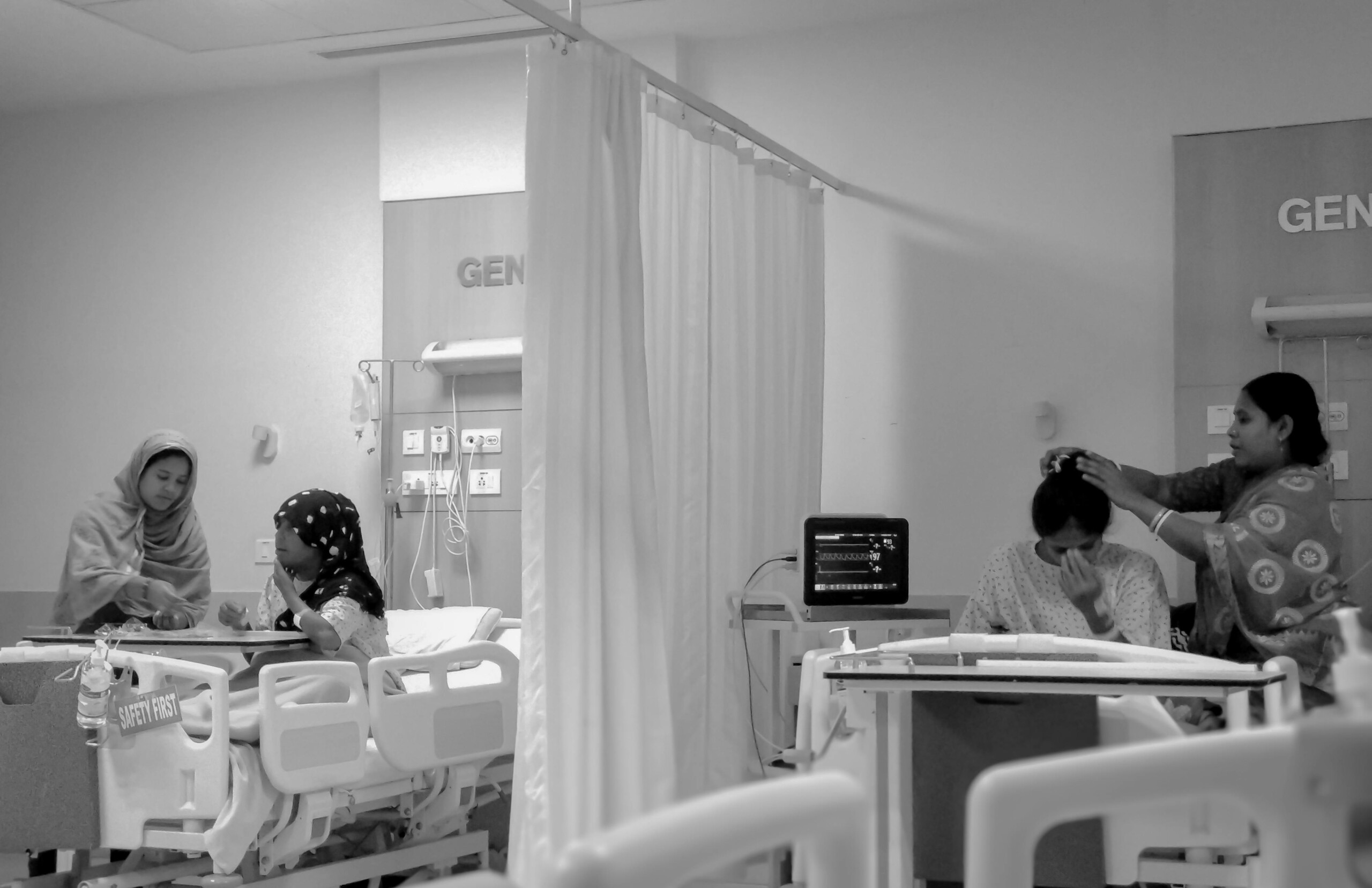
Countries need to develop digital solutions at scale to manage their health systems
Digital solutions and platforms are critical for scaling effective logistics management in health systems globally. This blog summarizes how two countries – with the support of UNDP and other international partners –introduced and scaled digital logistics management systems in India and Indonesia.
India[1]
Since 2015, the United Nations Development Programme (UNDP) – India, in partnership with Gavi the Vaccine Alliance, has supported the Ministry of Health (MoH) develop and implement the Electronic Vaccine Intelligence Network (eVIN) system nationwide for real-time stock management and temperature monitoring of all the routine immunization vaccines across all 29,000 vaccine-storing public health facilities. The system tracks the stock and storage temperature over 650 million vaccine doses annually in real-time.
In 2020, the Government of India (GoI) introduced additional functionalities into the eVIN platform for the national COVID-19 immunization program. The additional software module, called CoWIN, was developed by the GoI with implementation support from the UNDP and funding from Gavi. In addition to registering and tracking beneficiaries, CoWIN is designed to plan and manage outreach sessions, track adverse events following immunization (AEFI), issue digital certificates of vaccination completion, and communicate with beneficiaries. CoWIN registered over 1.1 billion beneficiaries and recorded transactions of over 2 billion COVID vaccine doses during 2021-23.
Following the success of COVID vaccination program, the GoI has recently launched an integrated eVIN-CoWIN platform called UWIN, for its routine immunization program to track vaccine supplies and register children with an overarching objective of reducing the number of unimmunized children and improve overall coverage. UNDP supported its pilot roll-out in 65 districts during 2023-24, registering over 40 million beneficiaries (pregnant women and children) and tracking over 125 million vaccine doses while training over a million health workers (including 600,000 female workers) on using eVIN, CoWIN, and UWIN digital platforms. UWIN is now getting scaled up across India and is expected to become one of the largest electronic immunisation registries, covering nearly 29 million pregnant women and 26 million newborns annually in the coming years.
Indonesia[2]
The Electronic Health Inventory and Logistics Monitoring System (SMILE) is an innovative technological solution initially developed to strengthen immunization supply chain system in Indonesia – home to a birth cohort of nearly 5 million. As a digital solution, SMILE streamlines the national medical logistics system, ensuring the availability and equitable distribution of vaccines and medicines throughout Indonesia. This was developed by UNDP Indonesia, in partnership with the Ministry of Health (MoH), the Government of Japan, the Global Fund and Gavi, and the Vaccine Alliance. UNDP also supports the implementation and scale-up of SMILE across the country.
Since 2018, the system has proven to be an indispensable tool, providing real-time, reliable data on vaccine stocks and a lifeline in the fight against preventable diseases. Today, SMILE is being implemented nationwide across all 13,000 public health facilities, reaching at least 15 million children and 5 million pregnant women annually. Thus far, SMILE has facilitated the administration of over 457 million doses of COVID-19 and 430 million doses of routine immunization vaccines nationwide. Since 2024, UNDP Indonesia has supported the Ministry of Health in expanding SMILE functionalities in digitizing logistics and supply chain management for HIV, TB and Malaria commodities. As of now, the SMILE digital platform has managed the storage and distribution of 70 million HIV, TB and Malaria drugs along with testing kits.
An additional module called ME-SMILE was added to the SMILE platform that digitizes logistics of healthcare waste management including – generation, segregation, transport, and disposal. Following a successful pilot in 2022, the first phase of ME-SMILE was launched in early 2023 across 30 hospitals in four provinces. During the second phase UNDP and MoH aim to scale up the system to all the 1,000 government tertiary care hospitals in addition to those in the private sector by 2025. To date, ME-SMILE has recorded over half a million transactions tracking 4200 tonnes of medical waste.
The UNDP Digital Health for Development Hub as a facilitator of scaling digital health systems
The Indian and Indonesian experience shows that international support can substantially help in scaling digital health systems in developing countries. In recognition of this need, the UNDP set up the Digital Health for Development Hub (https://digitalhealthfordevelopment.undp.org/) to strengthen health systems and pandemic preparedness and response while supporting effective and inclusive governance for digital health and addressing the inequalities that fuel disease and pandemics.
The Hub promotes digital platforms and services that have a people-centred design, which incorporate inclusive and gender-sensitive approaches and safeguard human rights. The Hub fosters knowledge exchange, tracks emerging trends, and shares good practices and proven solutions. It serves as a one-stop shop, providing technical, advisory and partnership for the introduction and scale up of digital health solutions.
[1] https://www.undp.org/india/stories/tech-savvy-healthcare-indias-home-grown-digital-platforms-transform-its-immunization-programmes
[2] https://www.undp.org/indonesia/blog/reaching-remote-delivering-immunization-smile-0




